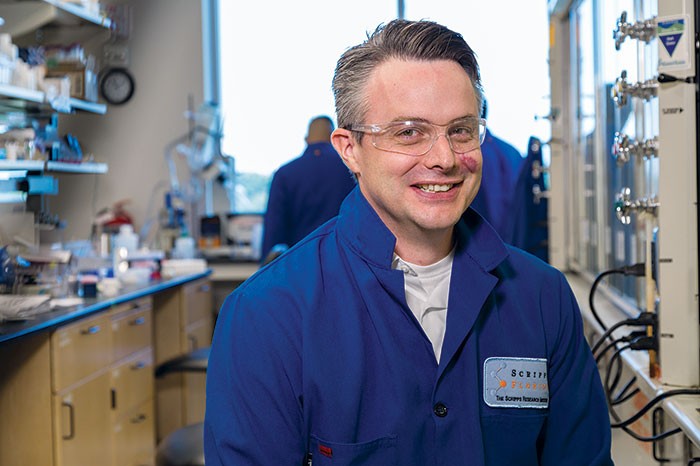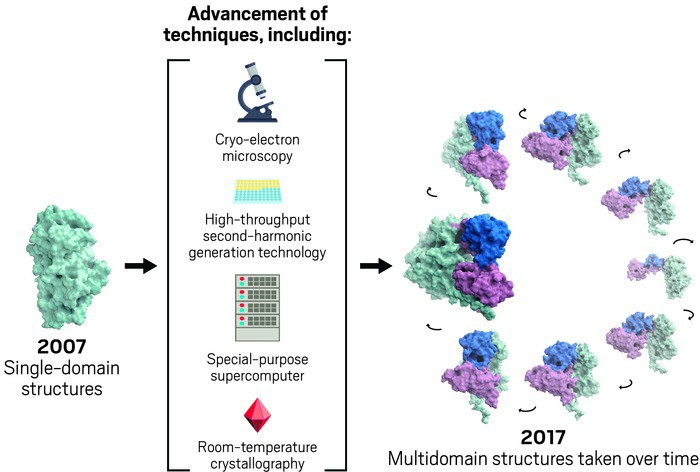Advertisement
Grab your lab coat. Let's get started
Welcome!
Welcome!
Create an account below to get 6 C&EN articles per month, receive newsletters and more - all free.
It seems this is your first time logging in online. Please enter the following information to continue.
As an ACS member you automatically get access to this site. All we need is few more details to create your reading experience.
Not you? Sign in with a different account.
Not you? Sign in with a different account.
ERROR 1
ERROR 1
ERROR 2
ERROR 2
ERROR 2
ERROR 2
ERROR 2
Password and Confirm password must match.
If you have an ACS member number, please enter it here so we can link this account to your membership. (optional)
ERROR 2
ACS values your privacy. By submitting your information, you are gaining access to C&EN and subscribing to our weekly newsletter. We use the information you provide to make your reading experience better, and we will never sell your data to third party members.
Oncology
Third Rock-founded Cedilla launches with $56.2 million to tackle protein stability
The biotech firm will first go after tough oncology drug targets
by Lisa M. Jarvis
April 24, 2018
Aspiring to understand and exploit protein stability, Cedilla Therapeutics has launched with $56.2 million in its first formal round of funding from Third Rock Ventures.

Cedilla joins a wave of companies emerging to tackle the “undruggable” proteome, the estimated 85% of human proteins that are difficult or even impossible to target with conventional small molecules. Firms are using a range of strategies to get at those tough targets, including developing small molecules that target RNA, designing bifunctional molecules that tag proteins for the proteasome, exploring protein motion, and mining bacterial genomes for novel active compounds.
Cambridge, Mass.-based Cedilla’s strategy is to focus on the stability of problematic proteins. Drug discovery efforts will include developing molecules that bind to a protein of interest or, if the protein is too disordered to directly inhibit, identifying and targeting players that regulate it. If neither of those strategies is practical, the firm’s researchers will try to design molecules that degrade the partners of a bad-behaving protein, destabilizing it by preventing an important protein-protein interaction.
Several new technologies are now allowing scientists to better understand protein stability, explains Cedilla Chief Scientific Officer Brian Jones. For example, in the past 18 months, academic researchers have made dramatic progress in untangling the complicated web of protein-protein interactions and in exploring the proteome-wide consequences that result from a small perturbation to a cell. One of Cedilla’s scientific founders, Harvard University professor Steve Gygi, is a key player in deciphering those interactions.
His technology and other components of Cedilla’s platform will help the firm’s researchers understand which proteins are most susceptible to being targeted with a small molecule. As CEO Alexandra Glucksmann notes, Cedilla isn’t just developing drugs but trying to write “the rules that govern protein stability in order to better populate the pipeline with the right targets.”
Cedilla has 12 employees and expects to grow to more than 25 people by the end of the year. The company will first focus on cancer targets, but it also sees opportunity to apply its technology to neuroscience.




Join the conversation
Contact the reporter
Submit a Letter to the Editor for publication
Engage with us on Twitter